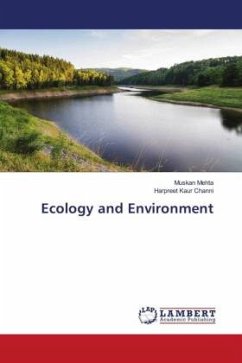The natural environment or natural world encompasses all living and non-living things occurring naturally, meaning in this case not artificial. It consists of living species, climate, weather and natural resources that affect human survival and economic activity. In its most literal sense, 'environment' simply means 'surroundings' (environs); hence the environment of an individual, object, element or system includes all of the other entities with which it is surrounded. However, in reality, individuals, objects, elements and systems rarely exist in isolation; instead, they tend to interact to varying extents with their surrounding entities. Therefore, it is not particularly helpful to conceptualize the 'environment' without including in that conceptualization some notion of relationship. Individuals, objects, elements and systems influence - and are in turn influenced by - their surroundings. Indeed, the networks of relationships that exist between different entities may, in somecases, be extensive and highly complex. Thus the 'environment' may be regarded as a 'space' or a 'field' in which networks of relationships, interconnections and interactions between entities.
Bitte wählen Sie Ihr Anliegen aus.
Rechnungen
Retourenschein anfordern
Bestellstatus
Storno








